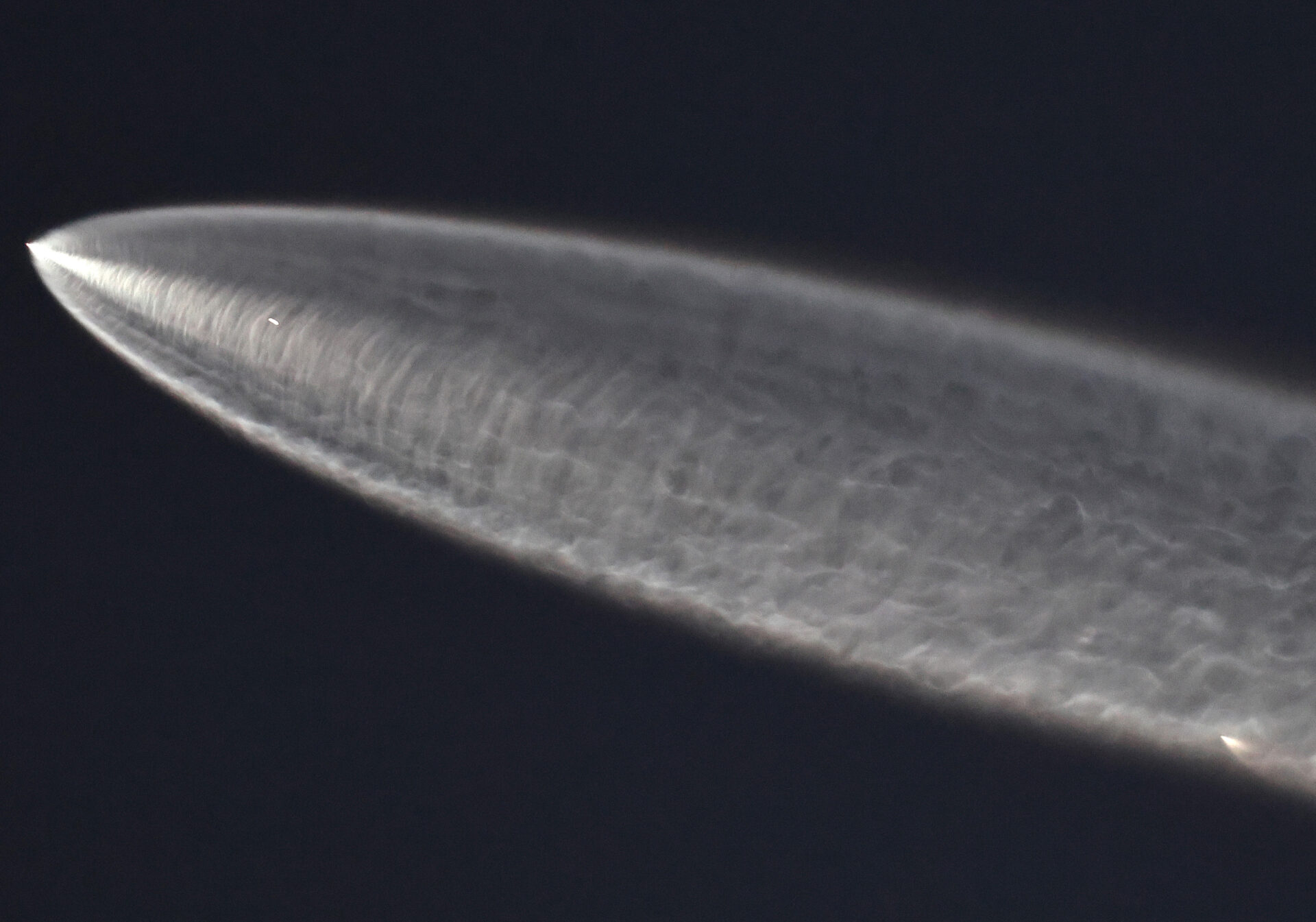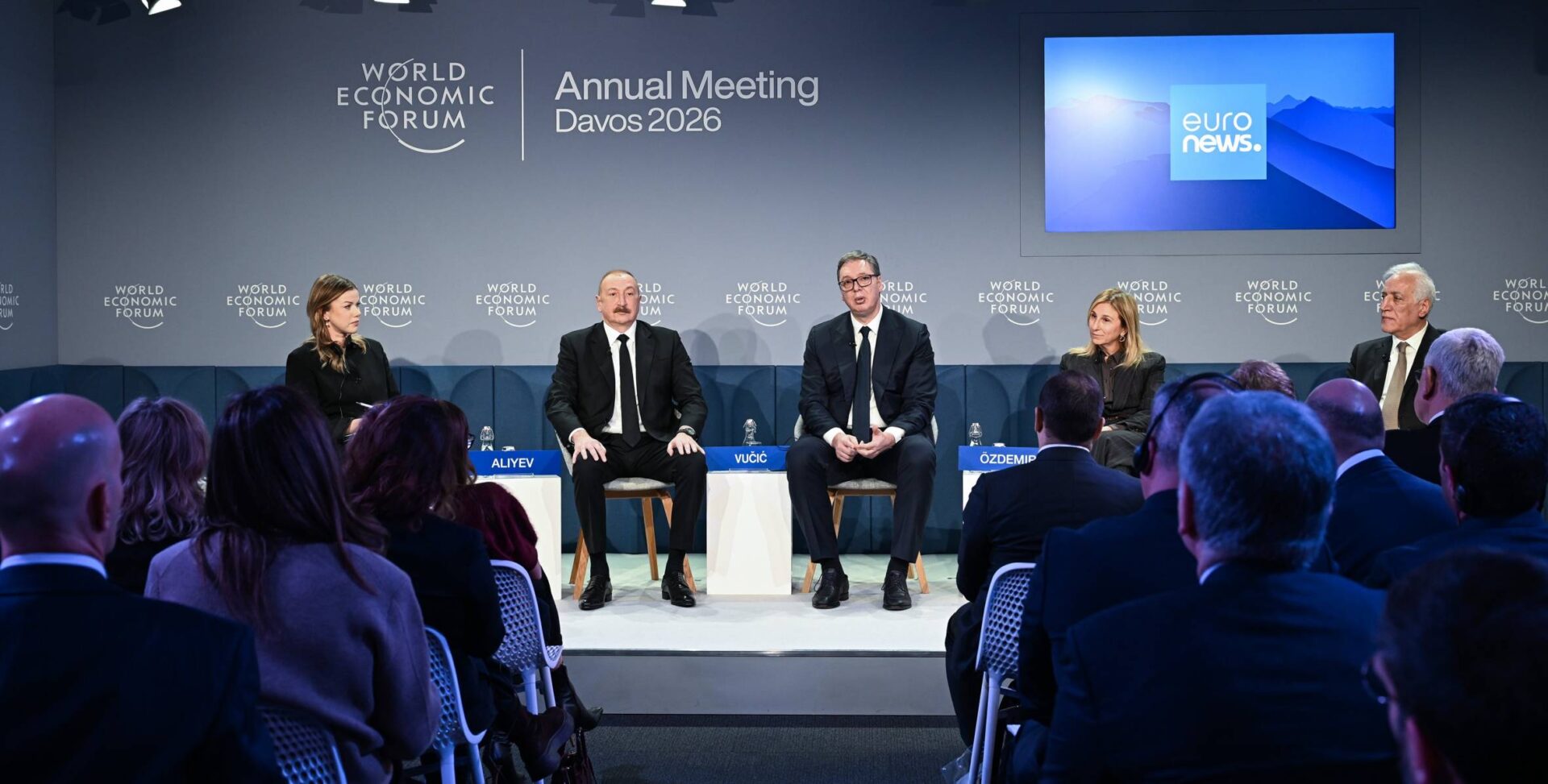YELTSIN “CATEGORICALLY AGAINST” RESTORING SOVIET ANTHEM.
YELTSIN “CATEGORICALLY AGAINST” RESTORING SOVIET ANTHEM.
President Vladimir Putin’s initiative to restore Russia’s Soviet-era anthem with new words continues arouse passions on both sides. Putin’s predecessor and one-time patron, Boris Yeltsin, has weighed in on the issue. In an interview with the newspaper Komsomolskaya pravda due to be published on December 8, Yeltsin said he was “categorically against” bringing back the hymn to serve as Russia’s anthem. Yeltsin told the newspaper that he agreed with Anatoly Chubais, the architect of Russian privatization who currently heads United Energy Systems, the country’s power grid, who said earlier this week that the president must not simply and blindly follow the mood of the people, but must actively influence them (NTV, December 6). Polling data have shown that the country is split roughly in half between proponents and opponents of restoring the Soviet-era anthem, which Yeltsin replaced in 1991.
Earlier this week, Putin announced that he was introducing legislation into the State Duma which would restore the original 1943 Aleksandrov music as Russia’s anthem but replace Sergei Mikhalkov’s lyrics with new words. The same legislation would preserve the Tsarist-era tri-color flag and two-headed eagle coat-of-arms. Putin said that he would also urge the Duma to adopt the familiar red Soviet flag as the official banner of Russia’s armed forces. Anatoly Chubais, who has been one of Putin’s strongest backers, harshly criticized the president for this decision (see the Monitor, December 6). He also said that to make up for such a grave “historical” mistake, Putin should remove the “corpse” of Soviet founder Vladimir Lenin from the mausoleum on Red Square. Yesterday, deputies in the State Duma asked the chamber’s energy, transport and communications committee to determine whether Chubais–as head of UES–had the right to speak out publicly on the issue of the anthem, given that UES is a partially state-owned company. Chubais is also a leader of the Union of Right-Wing Forces (SPS). Both SPS and Yabloko have strongly opposed reviving the Soviet-era anthem but support maintaining the Tsarist flag and coat-of-arms (Russian agencies, December 6).
The Duma is set to address each of these issues on December 8, in separate bills. Because altering the country’s state symbols requires amending its constitution, each bill must be passed by a two-thirds majority in both the Duma and the Federation Council. In the Duma, restoring the anthem will be considered first, on December 8–because a first reading of the law governing the anthem has already been passed. Consideration of the bills on the state flag, the coat-of-arms and the armed forces banner will follow. As some observers have noted, this leaves open the possibility that the Communist Party of the Russian Federation (KPRF) faction and its allies, after ensuring that the Soviet anthem is adopted, will vote against the Tsarist coat-of-arms, which the left has strongly opposed. The law reviving the anthem is likely to pass easily in the Federation Council (Russian agencies, December 6).
Meanwhile, two of Russia’s veteran human rights groups, Memorial and the Moscow Helsinki Group, issued a joint statement this week condemning Putin’s anthem initiative. The two groups said it was “categorically unacceptable” to restore the Soviet-era anthem, given that Aleksandrov’s music and Mikhalkov’s words were approved by Josef Stalin, NKVD chief Lavrenti Beria, Andrei Zhdanov [Leningrad Communist Party boss and Stalin’s culture tsar] “and other great criminals of the 20th century.” The statement said that the Soviet-era hymn “absolutely corresponded to the spirit of the Stalinist empire, built on the bones of millions,” and that its revival would be “a step toward revanche” (Russian agencies, December 5). The Moscow Writer’s Union yesterday published a similar appeal, signed by the writer Yuri Chernichenko and the poetess Rimma Kazakova, among others. It accused Putin of “yielding to the forces of revanche” (Russian agencies, December 6). The newspaper Moskovsky komsomolets noted that were the Aleksandrov hymn re-adopted, large numbers of those attending official events, ranging from sporting events to Duma sessions, would refuse to stand during the playing of the anthem. “It’s hard to imagine a greater shame for Russia,” the newspaper wrote (Moskovsky komsomolets, December 7). Valeria Novodvorskaya, a Soviet-era dissident and chairman of the central coordinating council of the Democratic Union of Russia, even suggested that Putin and the Duma majority were in essence planning a “coup” on December 8 by adopting the hymn of a state which no longer exists and thereby “abolishing Russian statehood” (NTV, December 6). Meanwhile, the pro-Kremlin Unity party has reportedly made a “discovery” which it will try to use to appease the critics of Putin’s decision. An “analytical group” within the party purportedly discovered that Aleksandrov’s melody was actually lifted from a one written in the 19th century, making it non-Stalinist in pedigree (Segodnya, December 7).
At the same time, Putin’s initiative has received support from some quarters. A group of cultural figures wrote an open letter to State Duma deputies declaring their support for Putin’s draft laws on the hymn, flag and coat-of-arms. The signatories, including the sculptor Zurab Tsereteli and the film director Karen Shakhnazarov, called Putin’s proposals “an historic compromise” which unite three state symbols from different periods and thereby can serve as “the basis for strengthening civil accord, which is so necessary for us today” (Russian agencies, December 6). Likewise, Putin’s initiative has received support from Patriarch of Moscow and All Russia Aleksy II; Talgat Tadzhuddin, chief mufti and chairman of the Central Spiritual Board of Muslims in Russia and European CIS member states; Berl Lazar, head of the Federation of Jewish Communities of Russia, an organization created in November 1999 with the Kremlin’s blessings, the Russian Olympic Committee; and the All-Russian Council of Veterans (Russian agencies, December 6).
MOLDOVA’S PRESIDENTIAL ELECTION ON KNIFE’S EDGE.


